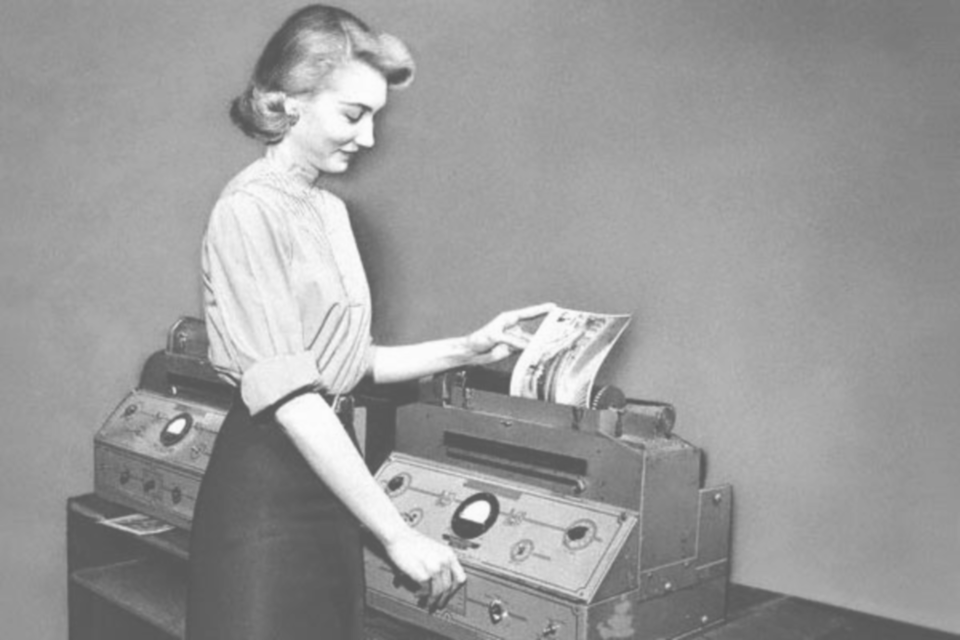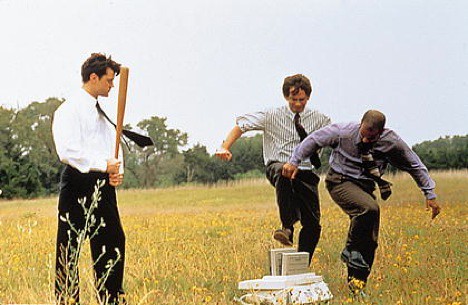All of the Christmas concerts are over and all of the shopping is done.
I decided to go into work this morning as I knew it would be a quiet morning. The drive in to work was almost enjoyable. No school buses on the road and noticeably less traffic. Being less hectic you get to enjoy the drive a little more - as it is still dark when I head to work I could enjoy the Christmas lights and the holiday decorations.
 |
| Hoddinott Road, Birds Hill, Manitoba |
As I had time to think about the season I recalled an email from one of my daughter's teachers. A note of thanks sent to parents. With Christmas, the school supports many initiatives to support those less fortunate in our community. This message stuck out as one of the groups they were supporting was those who are going to be in hospital over Christmas. I had felt compelled to say a "thank you" as 10 years ago - that was exactly what we were facing. A Christmas in hospital.
As I have been working on my book over the past year, I had to re-live that Christmas. Susan and I have had some interesting discussion about what that Christmas was like. In same ways it was a great time. Russell had bounced back from a tumultuous month and half in the ICU. He had been through one open heart surgery to implant his Berlin Heart and was making spectacular progress on this "experimental" device...but there were many other things going on that were not quite so cheery.
Having been listed for a heart transplant since mid October, we knew we had some challenging days ahead of us.
We were hoping for a bit of a reprieve at Christmas. A chance to concentrate on some other things other than "hospital world." Knowing we could be in hospital for months we had a lot of time to prepare for a Christmas in hospital. Our biggest goal was flying Nicole from Winnipeg to Edmonton to be with us so that all four of us could be together at Christmas. Anticipation was a nice distraction. Having her spend time with us was even better.
What became a hallmark of our stay in hospital, once we had a moment of success or just when the pressure seem to ease off - something would happen that slammed us back into reality.
In early December, Russell developed a GI bleed. This resulted in a return trip to the PICU to manage the situation and to get blood transfusions. With that disaster averted we also got word that one of our little friends in hospital got their heart. There were three of us in the same room who were all listed for transplants. This left the two of us to wait. That was frustrating but we accepted it as part of the process. Surely, our turn would come...hopefully soon.
Russell was the highest priority transplant listing as he was on the Berlin Heart which was considered to be on life support. We thought the transplant would come soon - but it didn't - the days and weeks slipped by.
During this time we did get to bask in the attention of being a Berlin Heart patient. The staff seemed to take a lot of satisfaction in how well Russell was doing. He was growing, gaining weight, and thriving. This was great and it did give us some comfort but during rounds I still recall our Berlin Heart Doc urging the team not to be complacent. He stated..."this is the time when something bad happens...we pat ourselves on the back...when we need to be vigilant" ... he continued "we have to realize that we are only one blood clot or one hemorrhage away from disaster!" He was right - and we were so thankful that he said it because he was saying exactly what we were thinking.
It seemed we couldn't escape our grim reality. The final insult took place on December 23rd. When we went to the hospital Russell was undergoing a Cardiac Echo. These were not unusual events. In fact we had become used to this constant attention. However, we found out later why Russell was undergoing this test. We found out that the little girl in the bed next to Russell was receiving her heart transplant...which ended up taking place on Christmas Eve. The reason why the Echo was done was to measure Russell's heart. Russell was at a higher status level than the little girl who eventually got the donor heart. As we found our later, not one Echo was performed but two. The cardiologist on service ordered a second Echo to be absolutely sure. He performed the Echo himself. Russell missed this heart by the smallest of margins. It was slightly too large for him
This news crushed us. There would be no Christmas miracle for us. We would have to wait.
There were many people who made extraordinary efforts to make our Christmas Merry...but it wasn't to be.
...but there was one Christmas Elf who arrived on Christmas Eve who came by to visit us. David - Russell's Berlin Heart brother. David was also on A Berlin Heart and also shared Russell's celebrity status. David was a young man who barely qualified to be in the pediatric program as he was in his late teens.
I don't know why he came to visit us on Christmas Eve...but he did. We took a walk with him and we visited for a couple of hours. A couple of hours that we desperately needed. David had his own harrowing medical story and in a few months would also be listed for and receive a heart transplant. It was perfect timing that led someone who knew exactly what we were facing to come and spend time with us.
For everyone, we all have unique memories of Christmas. Good and bad memories. For us, this was a Christmas we hoped to forget. Our only thought was to get home and celebrate our next Christmas at home. Thankfully, we have had 10 far better Christmases than our hospital Christmas. Little did we know it - but as dejected as we were - our Christmas miracle was already in the works. Russell received his heart transplant only 5 days later. That was the beginning of our journey home.
For those who are working in hospitals we thank you. For those unlucky enough to be a patient in hospital this Christmas, we hope you can have a Merry Christmas. We hope you get to enjoy many more Christmases at home in the future.








